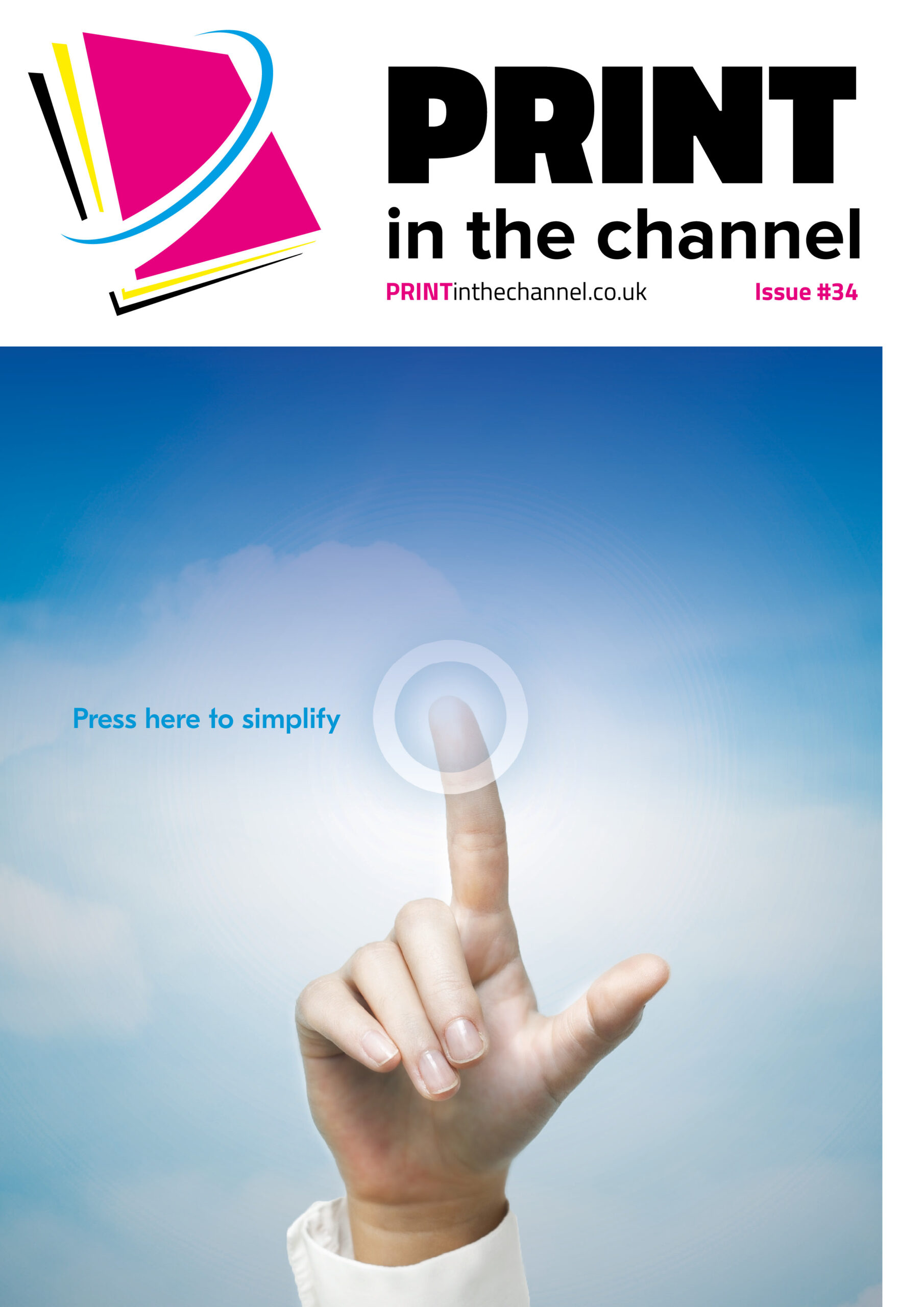UK office workers are seeking shorter meetings to improve productivity, according to a survey by Brother UK. Over half (55%) of respondents believe excessive time is wasted in meetings, with 81% confident that shorter catchups would yield the same results. The study shows that distractions like small talk and late joiners contribute to time wastage. Additionally, two-thirds (67%) find face-to-face meetings more productive than virtual ones. With many workers asserting that morning meetings with strict agendas are most efficient, the research underscores the need for a more structured approach to workplace meetings.
- More than half of UK office workers (55%) waste too much time in meetings, hindering their productivity.
- Four in five office workers (81%) believe shorter meetings would still achieve the same outcomes.
- Common time-wasting culprits in meetings include waffling colleagues, excessive small talk, poor facilitation, and late joiners.
Productivity Paralysis: UK Office Workers Demand Shorter Meetings
New research indicates that UK office workers are grappling with a deluge of meetings and calls, which, they argue, is hampering their productivity. This study found that over half (55%) of these workers believe their time is being frittered away in meetings, with a considerable chunk (81%) convinced that shorter meetings would yield similar results.
Meetings: A Necessary Evil?
As part of the Meaningful Meeting Manifesto campaign, Brother UK conducted a survey involving 2,000 white-collar workers. The findings suggest that workers attend only one useful meeting per week, implying a significant waste of time and resources. The main culprits contributing to these time-wasting meetings include excessive chit-chat, latecomers, distracted attendees, and poor meeting structure.
The Woes of Waffling and More
Respondents identified several reasons that contribute to the unproductivity of meetings. These include colleagues who ramble (59%), excessive small talk (48%), late arrivals (31%), and attendees who are not fully present (31%). Moreover, approximately 43% of those surveyed believe their colleagues are often working on other tasks during meetings.
Virtual vs Face-to-Face Meetings
Interestingly, despite the proliferation of remote work, face-to-face meetings are still preferred. Two-thirds of the respondents (67%) affirm that in-person meetings are more productive than their virtual counterparts. This belief holds true even among remote workers, with 57% favouring face-to-face interaction.
Poor Meeting Management – A Growing Concern
The research also shed light on the poor quality of meeting facilitation, with over half the respondents (53%) attending an excessive number of dull and poorly structured meetings. Remote workers, in particular, seem to be facing the brunt with 67% expressing dissatisfaction with the quality of meetings.
“It’s clear that the UK’s meeting culture still heavily contributes to workplace productivity. Many meetings could be shorter and provide people with more free time to focus on delivery,” said Phil Jones MBE, managing director at Brother UK.
Final Thoughts
It’s evident from the research that the current meeting culture in the UK is leaving many workers frustrated and overwhelmed, resulting in a significant plunge in productivity levels. The findings underscore the need for businesses to rethink the way they conduct meetings. Shorter, well-structured meetings, strict adherence to the agenda, and timely start and finish can go a long way in boosting meeting productivity. It’s time we put an end to the reign of unproductive meetings and paved the way for a more efficient, engaging, and result-oriented meeting culture.
FAQ
Q: What percentage of UK office workers complain about wasting too much time in meetings?
A: More than half (55%) of UK office workers complain about wasting too much time in meetings.
Q: How many UK office workers attend a useful meeting once a week?
A: A similar proportion (57%) of UK office workers say they only attend a useful meeting once a week.
Q: What is the main reason for wasting time in meetings according to the research?
A: According to the research, the main culprits for wasting time in meetings are waffling (59%), too much small talk (48%), late joiners (31%), and people not paying attention (31%).
Q: What percentage of UK office workers believe that shorter calls and catchups would achieve the same outcomes?
A: Four in five (81%) UK office workers are confident that shorter calls and catchups would achieve the same outcomes.
Q: What percentage of UK office workers believe that face-to-face meetings are more productive than virtual meetings?
A: Two-thirds (67%) of UK office workers believe that face-to-face meetings are more productive than virtual meetings, even among staff working remotely (57%).
Q: What are the main factors that contribute to unengaging and poorly structured meetings?
A: According to the research, the main factors that contribute to unengaging and poorly structured meetings are attending too many of them (53%) and, among remote workers, this figure rises to 67%.
Q: How do meetings that waste time impact office workers’ morale and attitudes at work?
A: Meetings that waste time have a negative impact on office workers’ morale and attitudes at work. Half of the respondents (54%) admitted feeling frustrated, 27% felt demotivated, and 25% thought less of their colleagues.
Q: What are the key elements that office workers believe contribute to a productive meeting?
A: According to the research, office workers believe that timekeeping (88%), keeping to a strict agenda (78%), circulating action notes (74%), putting laptops and phones away if in person (73%), and keeping cameras on if virtual (61%) are key elements that contribute to a productive meeting.
Q: When do office workers feel most productive in a meeting?
A: The majority (87%) of office workers feel most productive in a meeting before midday, with the period from 9am to 11am being the most productive.
Q: What is the recommended approach to improving meeting culture and productivity?
A: The research suggests that there is a need for greater consideration of time, place, and how to better facilitate calls and catchups in order to nurture more productive meetings. Additionally, businesses can turn to new technology, insights from psychology, and feedback from their own people to pinpoint best-practice meeting culture.










